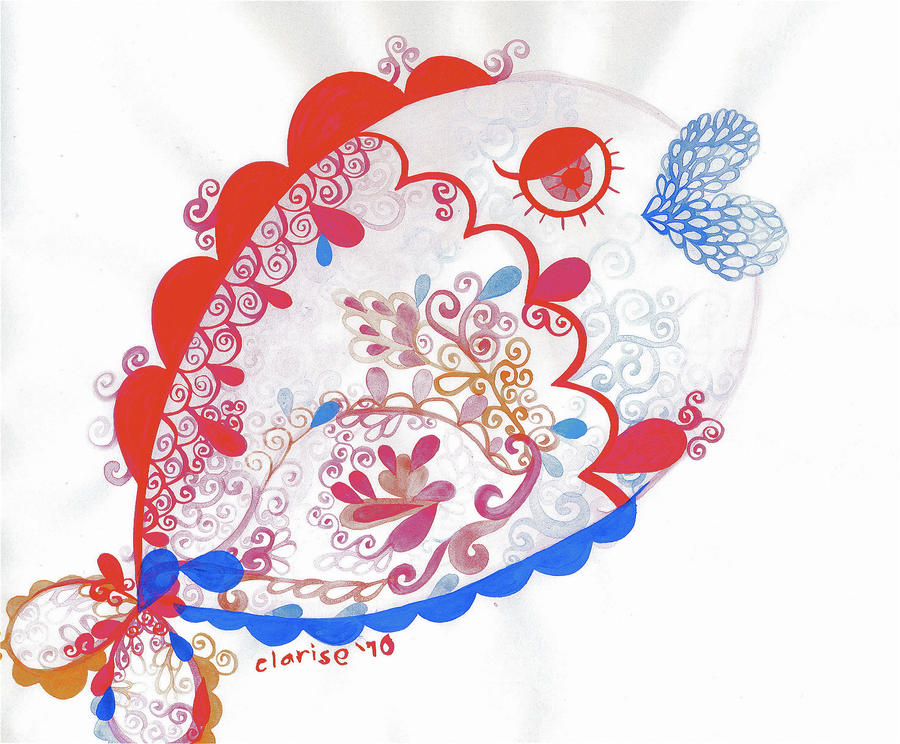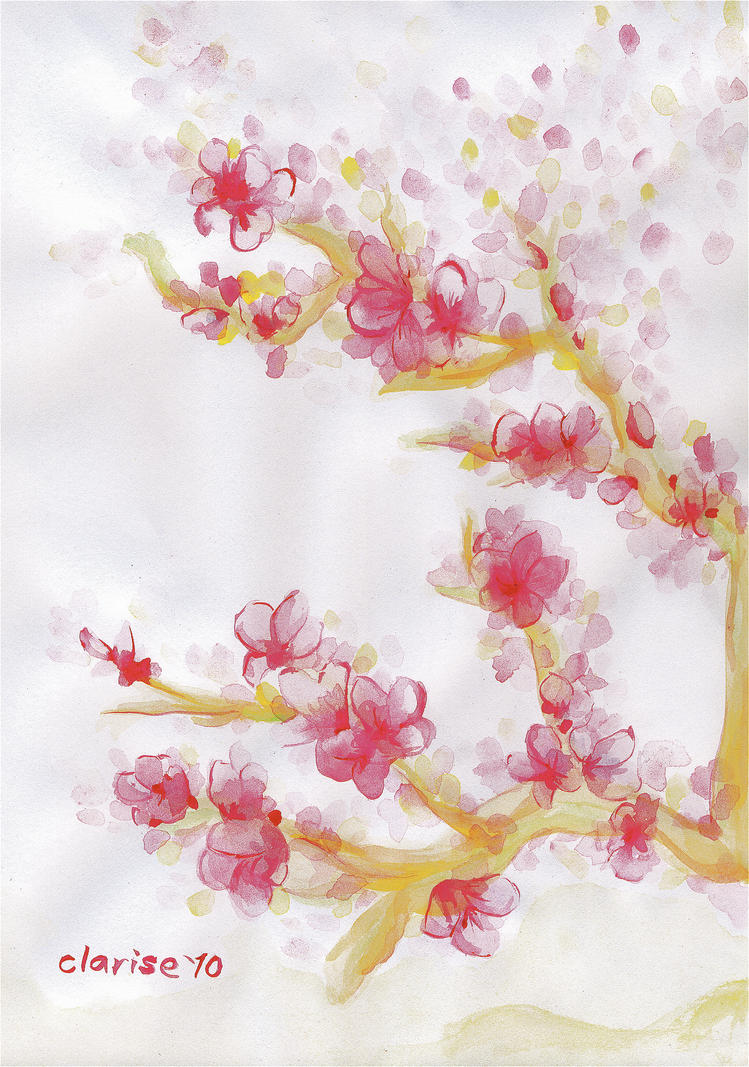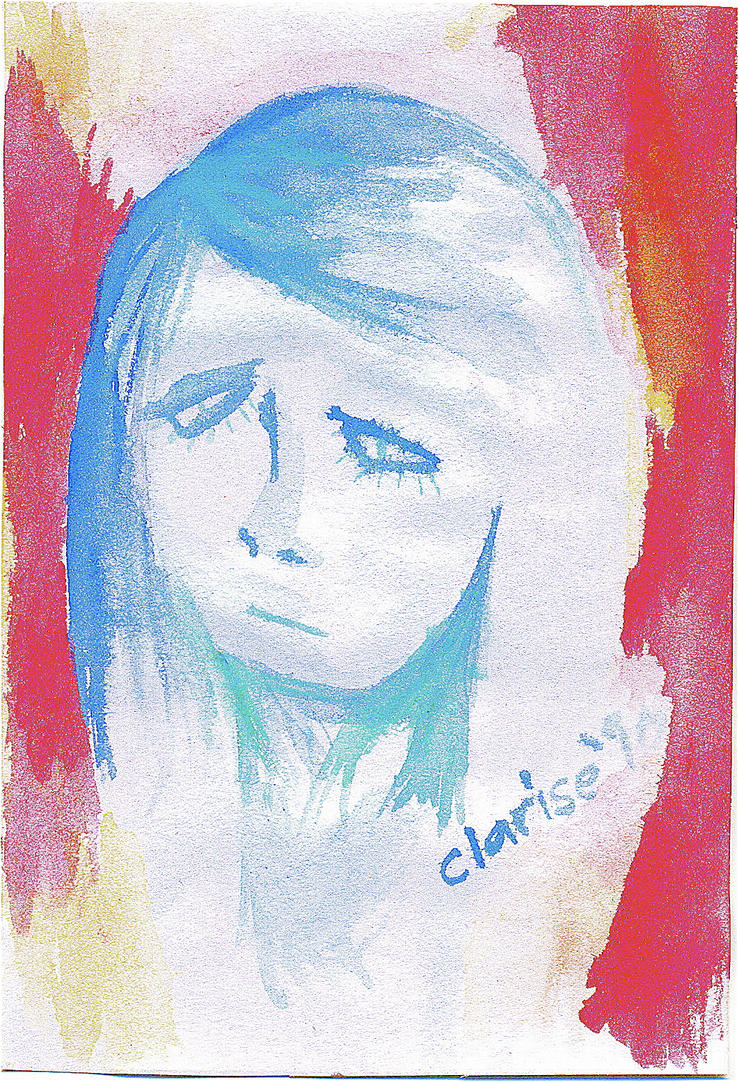Ramon was our tour guide. He's seventy-four years old and has been a tour guide all his life, except for when he was a boy. When he was a boy, he was just a boy in the war, and now that is all he can talk about. He is old and he looked it, but he also looked strong. Throughout the trip, he stood erect and flailed his arms about energetically whenever he thought he was sharing something interesting. Other times, he indulged in salacious jokes, the kind that certain old people find awfully funny and which young people find more than a little creepy, and I longed to cover my students' ears. I asked him where he lived and he said in Sucat, Paranaque. He took the bus and ferry early that morning to get to Corregidor to show tourists the sights. In Corregidor, there was nothing much to see except for remnants of buildings with some bullet holes in them. I inspected the buildings and they did not impress me—I did not think they have ever been beautiful. Loss is only tragic when it’s the loss of the beautiful. When these structures were destroyed, all that was lost were the lives of people who probably have been dead by now, too. Loss is only tragic when the thing lost could still be here now but isn’t. Great people, they could have been, but every time has its own great people, anyway. The grief for the island belongs to the people of the past. We will have our own reasons to mourn. I did not know to which time Ramon belonged. I asked him if he does this everyday. He said not anymore, only four to five times a week. He can no longer do it, he said, what with his health. I said I think no one can, and turned my head away.
That night, Ice and I attended a dinner party in Ayala Heights’ Corregidor Street. Ice marveled at the coincidence, and at the irony of it all. We drank wine and nibbled cheese and ate caviar spread on crackers, and they talked and I quietly laughed until almost midnight when I knew I truly had to get some sleep.
Saturday, July 31, 2010
Wednesday, July 28, 2010
Monday, July 19, 2010
Saturday, July 17, 2010
At home
I love Hemingway's essays about his home. His Paris apartment in the 20s was, to put it bluntly, austere. It did not have a fireplace nor a private toilet, and, for furniture, had only a mattress on the floor. Nonetheless, its walls were adorned with pictures he and his wife Hadley liked, and so they loved it immensely.
It reminded me of my own current home, bare and in desperate need of some furniture, but home nonetheless. Here are some snapshots:
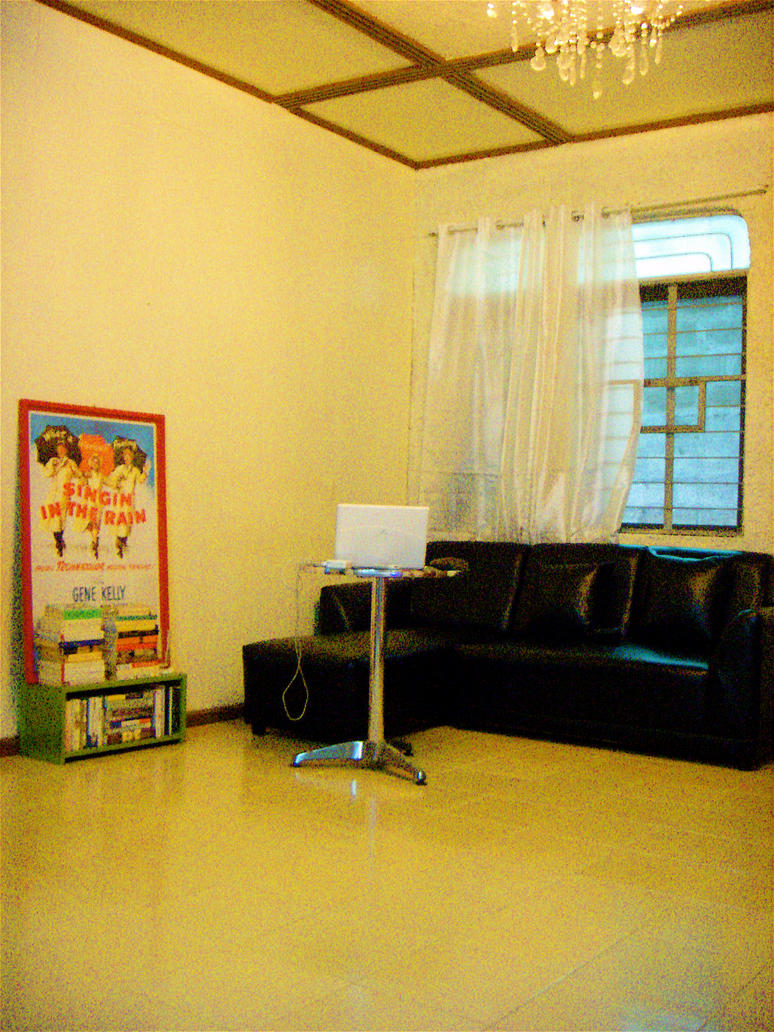
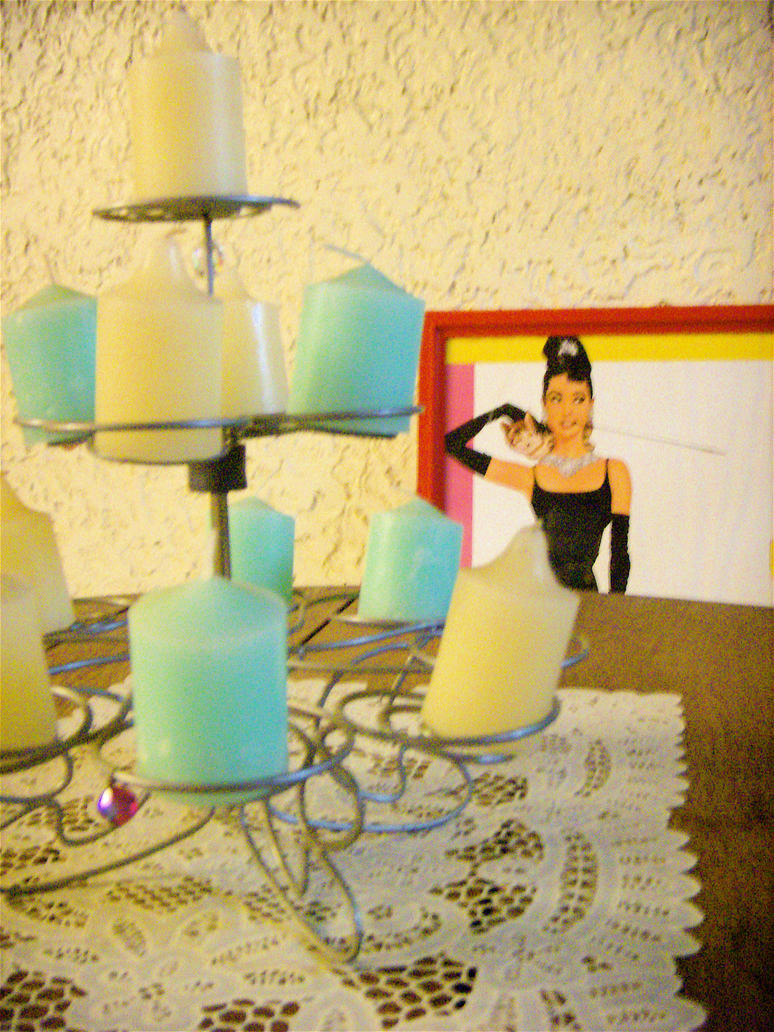
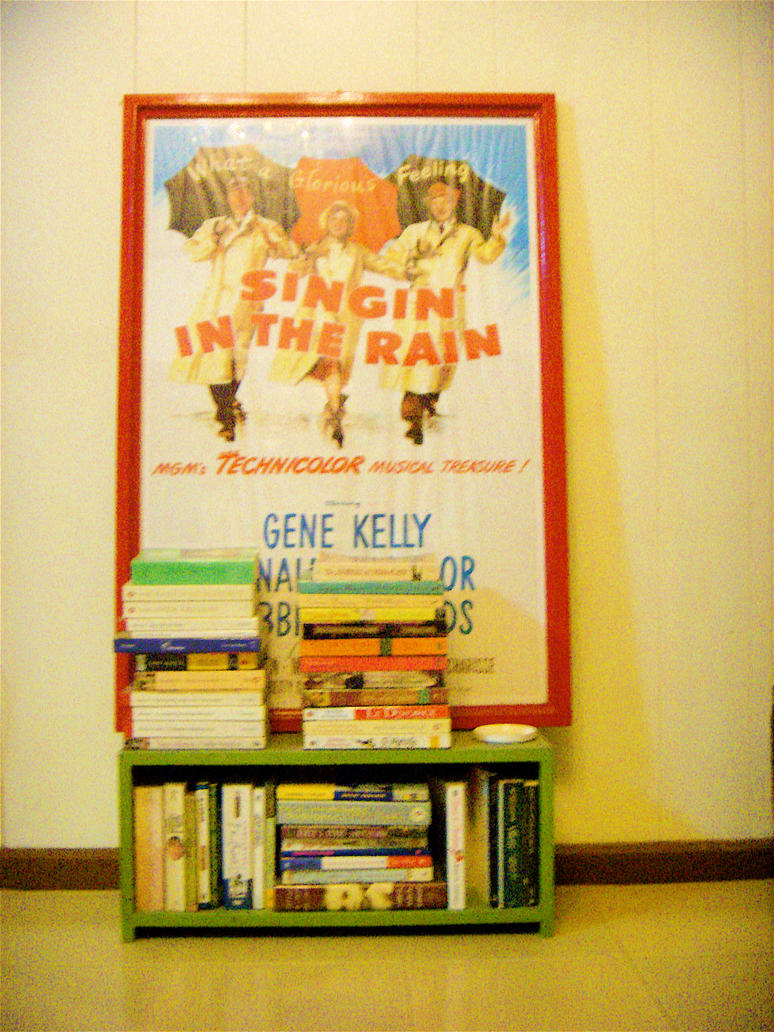
The chandelier I told you about
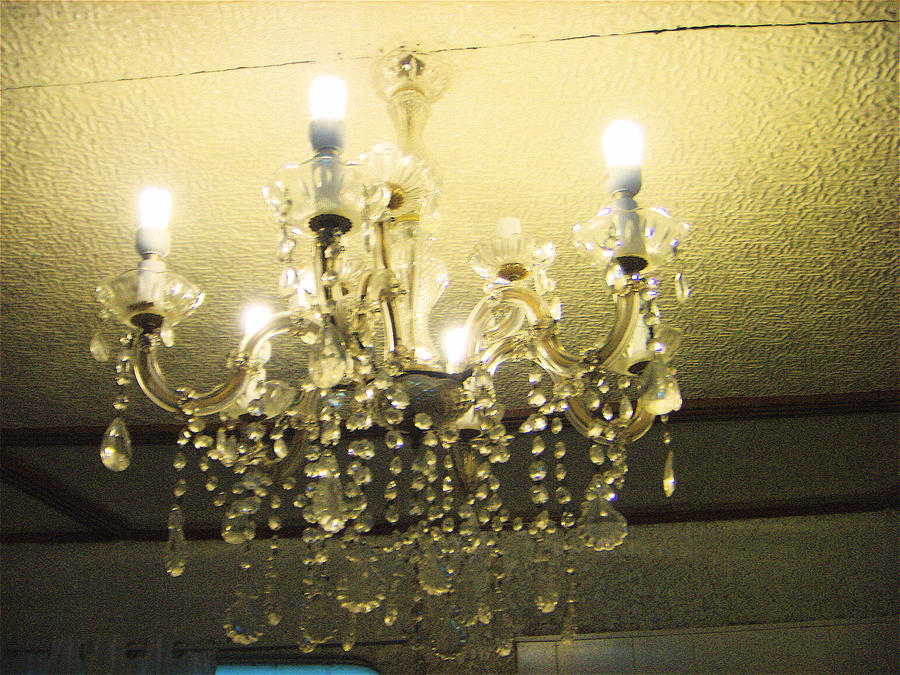
The bird cage we found at an antique shop
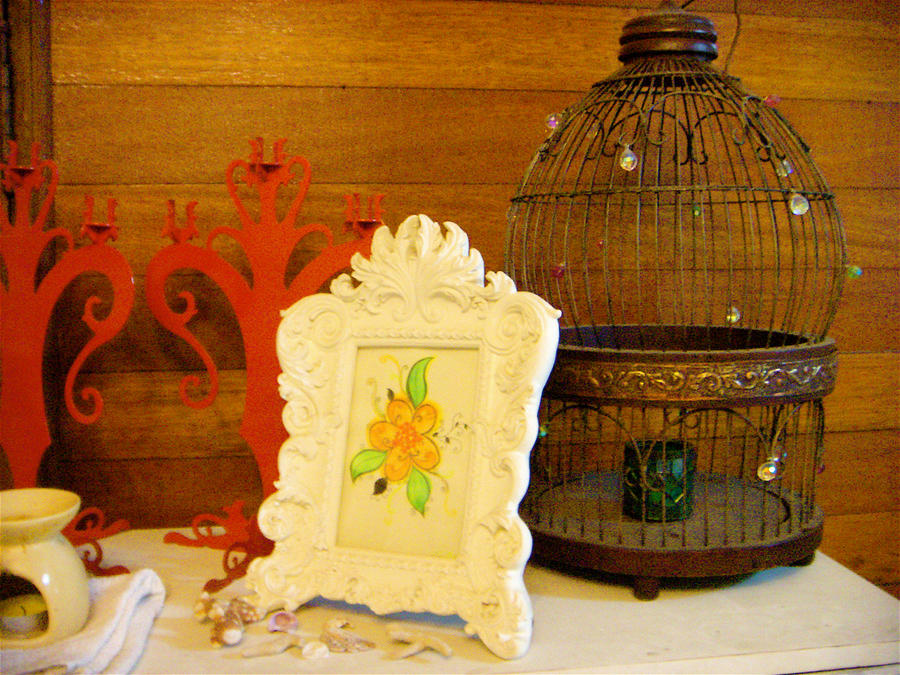
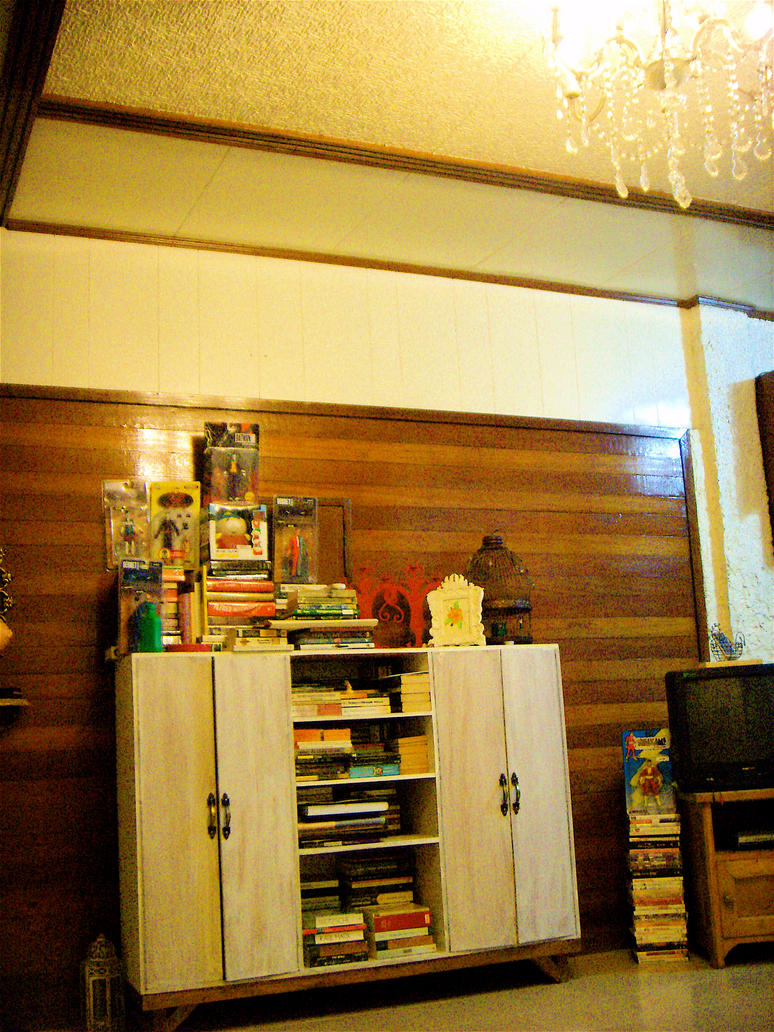
Fitzgerald books waiting to be devoured-- a surprise from Ice
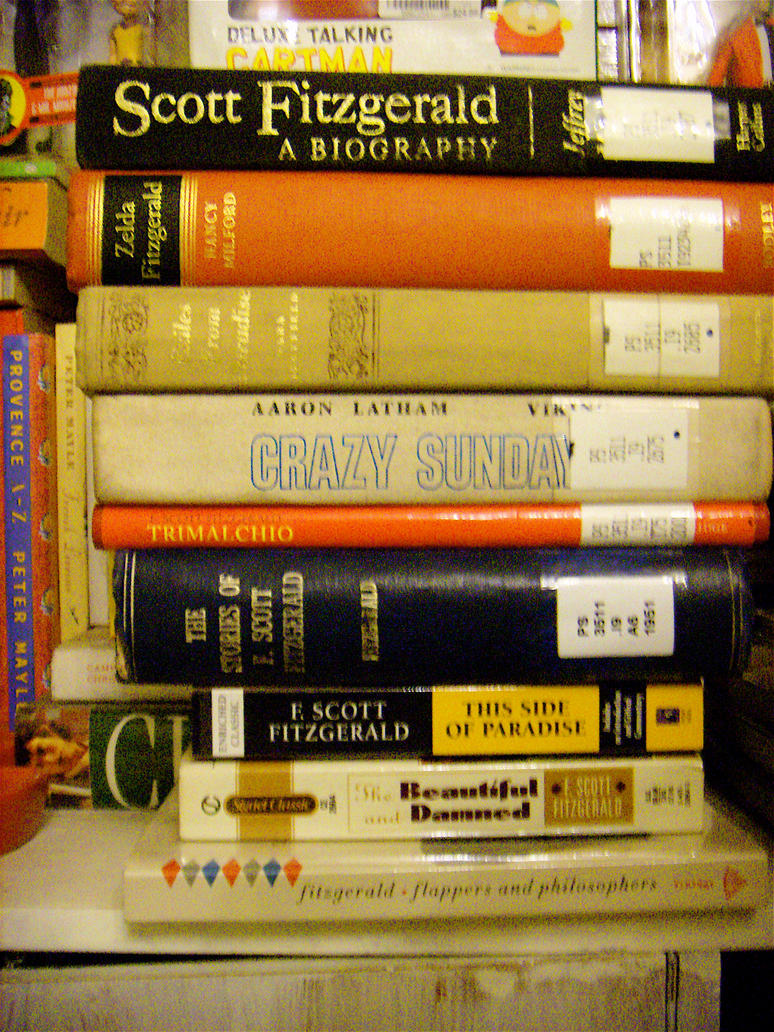
Some of my classic Hollywood books
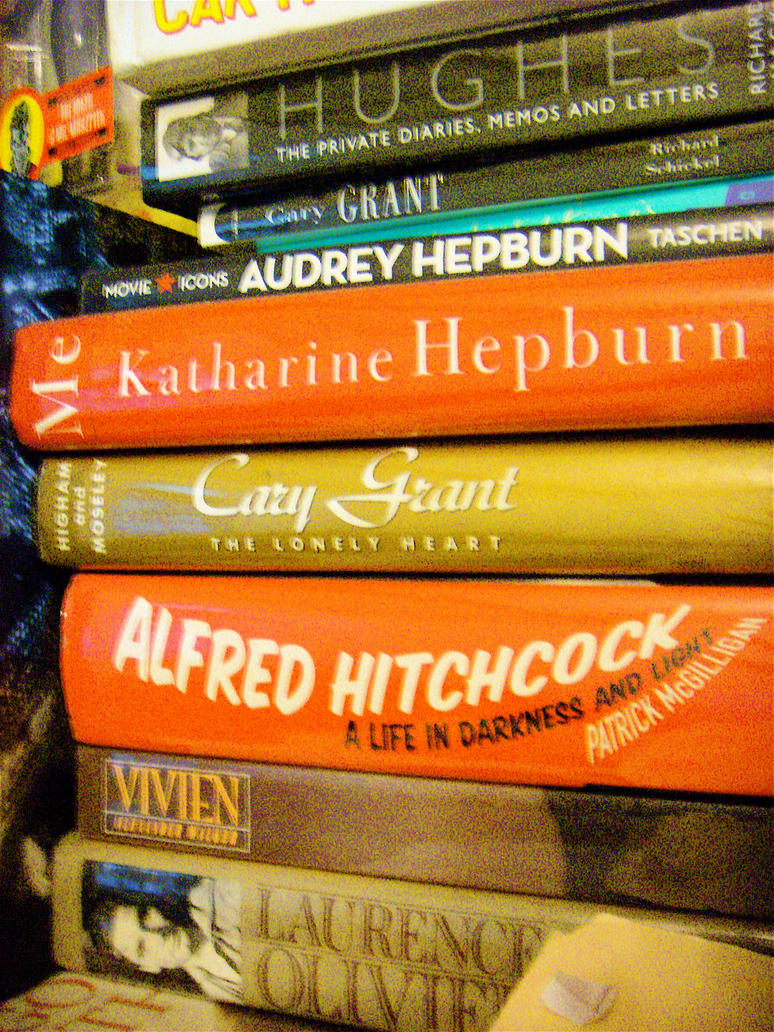
It reminded me of my own current home, bare and in desperate need of some furniture, but home nonetheless. Here are some snapshots:



The chandelier I told you about

The bird cage we found at an antique shop


Fitzgerald books waiting to be devoured-- a surprise from Ice

Some of my classic Hollywood books

Saturday, July 10, 2010
Sunday, July 4, 2010
We will always have Paris.
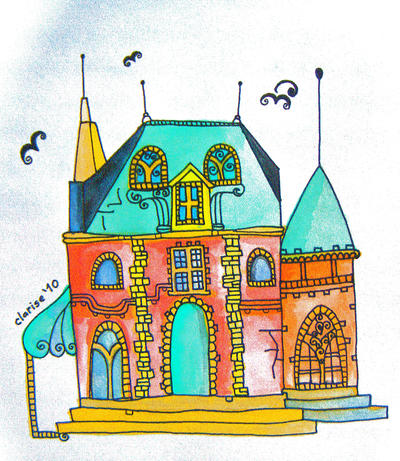
Eloise's Paris Apartment (Watercolor and ink)
I always keep a stack of books on the floor by my bed: a thesaurus, a dictionary, and two or three books I alternate depending on my current predilection. On weekends, even before I rise to wash my face and brush my teeth, and even before I wipe the sleep off my eyes, I would reach for one of them and read. I would read around twenty pages, or more if they're really good, which they usually are. Yesterday it was Dumas' La Dame aux Camelias. This morning, it's Ernest Hemingway's A Movable Feast. Lately, I have been having dreams so terrible they leave day-long impressions on me. I have recently taken up watercolor again in an attempt to sublimate this dark and heavy weight in my heart into something productive, but now I find that nothing cheers me up better than a good account of Paris. And, you know, it is true what they say that no one writes about Paris better than Hemingway. I think I truly understand Humphrey Bogart's character in Casablanca now-- in the most dire of circumstances, we can always look back at- or in my case, look forward to- sweet, sweet Paris.
Saturday, July 3, 2010
Subscribe to:
Comments (Atom)
